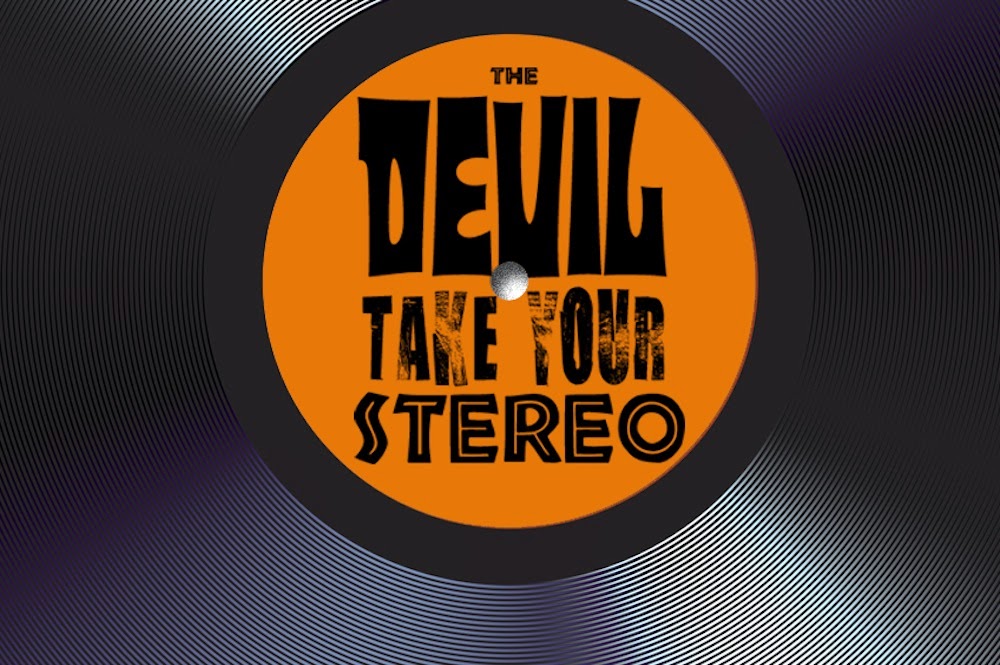The Monday Shuffle –
the first five songs to come up on my iTunes/iPod this morning…
1. Punky’s Dilemma – Simon and Garfunkel (1968)
Pulled out a plum,
here, in terms of a good way to start a freezing cold Monday.
Wistful, hippy-dippy,
sunny, with a whistling coda, Punky’s Dilemma is from side two of 1968’s
Bookends album. It’s a great song to use as a litmus test on Paul Simon. If you
weren’t sure as to whether you can stick him or not, give this a go. Its
writerly squibs – boysenberry jam rhymes with ordinary, for example – will
either have you smiling all day, or throwing your iPod across the room.
For the record, I’m in
the former camp.
2. Watching the Wheels – John Lennon (1980)
Truth be told, if this
didn’t pop up on shuffle from time to time, I probably wouldn’t listen to it. The
geek in me has to have it to complete the collection. But I always have to ask
– is Double Fantasy, Lennon’s last album, really any good?
In the context of a
comeback, sure, it’s great news: here’s a finally happy man making a nice but bland
record. Nothing wrong with that, of course. But is it a great record?
Is it a tragedy that
it was his last record? No doubt about it. And there’s the rub: it’s just too
tough to judge this album on its own merits, standing alone.
Great sentiment in the
lyric of this UK No.1 single, though: I’m out, I’m done, I’m not competing any
more, and do you know what? I feel happy. Lovely stuff.
The voice – a voice
that Lennon was always unsure of – sails here, as he’s right behind the sentiment
of the lyric. It’s one of the best recordings of his voice left to us – nasal,
raggedy, still raw and plaintive. It remains one of my favourite voices.
And the Proustian
effect of music to bring back December 1980 is vivid indeed. From the Bush wireless
over which I heard the news, to my granny giving me my breakfast, to the
spiral wallpaper on my bedroom wall to playing that day the only Beatles album I had at
the time – Beatles For Sale.
Nothing like a song to
bring it all flooding back.
3. Can’t You Find Another Way of Doing It – Same & Dave (1968)
From 1968, tight and
funky in the face of all that flabby psychedelia, this Atlantic single only
made number 54 on the Billboard Hot 100. Viewed in the context of previous
singles – Hold On I’m Comin’ and Soul Man among them – I suppose it could seem
something of a potboiler. There’s the requisite brass jabbing like Cassius
Clay, the loose-wristed snare drumming, the cat-on-hot-bricks bass… maybe in
1968 it all seemed a bit same-old-same old.
It’s a case of pearls
before swine, if you ask me.
Writers Homer Banks
and Raymond Jackson bring quite a pedigree to the table. Both born in Memphis,
Banks is responsible for (among many others) I Can’t Stand Up For Falling Down
with Jackson’s CV boasting (If Loving You Is Wrong) I Don't Want to Be Right
and, in the best tradition of these things, many, many more.
As time goes on Sam
and Dave seem to have become the unsung heroes of soul. Their relationship was
a famously stormy one, with Sam Moore once claiming that he and Dave didn’t speak
offstage for a period of 13 years.
A girl at college
introduced me to Sam and Dave back in the 80s. She was a big Otis Redding nut,
too, and she once made me an outstanding mix tape (more of that another day).
4. Things Are Going to Get Better – Small Faces (1967)
Hard on the heels of
Sam and Dave, a disciple: Steve Marriott. And it’s his great vocal performance
that keeps the interest here – despite the best (or worst?) efforts – of Ian
MacLagen’s harpsichord, an instrument as well-suited to the Small Faces bluesy
sound as a Telephone is to Bach’s Matthew Passion.
An album track from
side one of 1967’s Small Faces album, their debut for Andrew Loog Oldham’s
Immediate label. Marriot and Ronnie Lane composed all the tracks on the album,
and perhaps the strain is showing here on this filler.
Of Andrew Loog Oldham
as a producers, the aforementioned Ian MacLagen once observed” “Produce
records? He couldn’t produce a burp after a pint of beer.”
5. White Lightening – George Jones (1959)
It’s by George Jones
so it’s either about a bad woman or booze… and this time it’s the latter.
A 1959 US Country
No.1, it’s a paean to the delights of homemade hooch. Legend has it – and the
phrase “legend has it” is seldom very far from any tale about George Jones –
that Jones took 80 takes to get the vocal right, having “warmed up” for the
recording in a bar.
The song’s rockabilly
flavour is no coincidence. It was written by J.P Richardson, who is of course
more famous by his stage name The Big Bopper. The tune was recorded six days
after the Big Bopper perished in the same aircrash that took Buddy Holly.
My earliest memory of
this one is in my grandfather’s car, listening to it on the eight-track stereo,
and everyone laughing at the cod basso profundo vocal on the title line, “Oooh!
White Lightning”.






